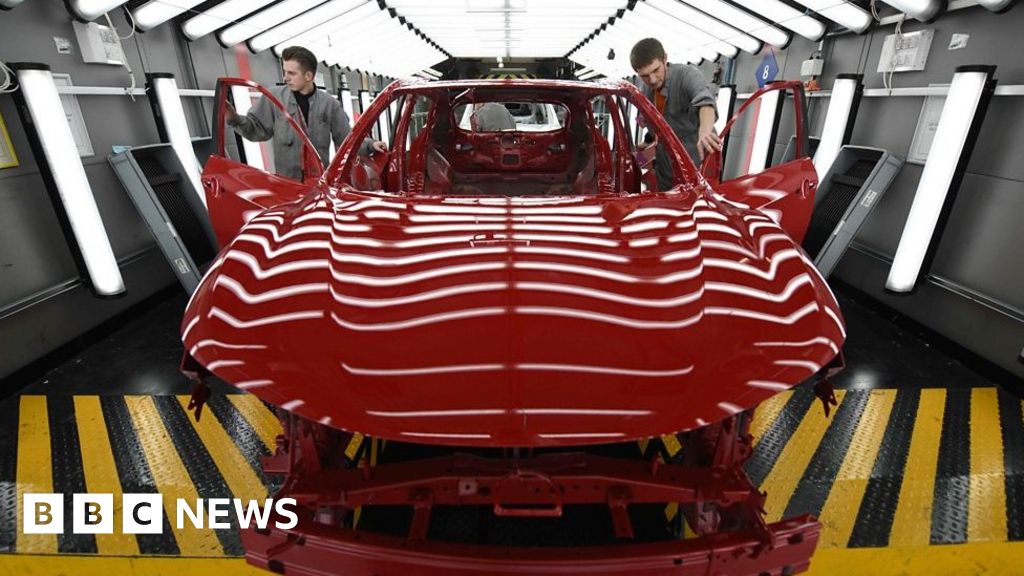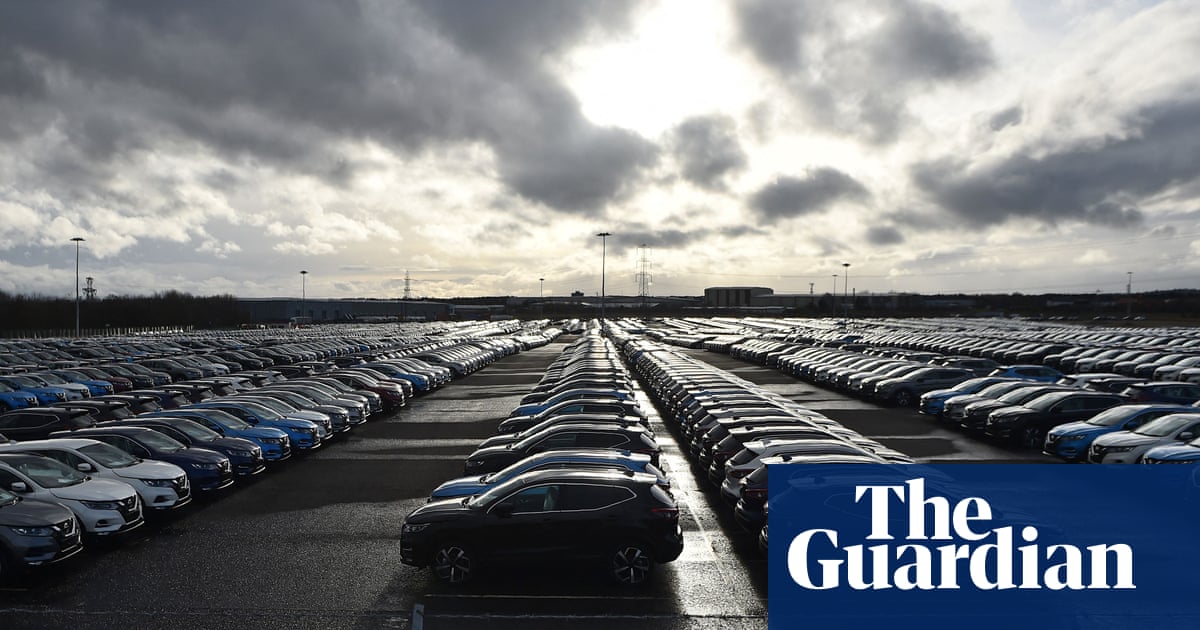A couple years ago VW said Chattanooga would get cells from SKI's factory in Georgia. SKI's issues since then may have impacted that.
IMHO the 39 GWh included Panasonic's planned 14th line. That plus the 5% energy density increase took capacity from 34.xx to 39 GWh/year.
They don't have a tire factory, either. Or a headlight factory.
VW Group will sell a million EVs this year. They aren't dependent on a single model, they offer lots of choices. BEVs as well as PHEVs. Audis, Porsches, Skodas and SEAT/Cupras as well as VWs. Even within the limits of VW-branded BEVs they offer eUP and ID.6 as well as ID3/4.
Getting back to Ford, I agree with Rob that F-150 Lightning volumes will be moderate. The TCO numbers on the 230 mile version will work for a lot of high usage fleet buyers, but consumer demand will be limited relative to their ICE versions.
Car makers farmed out quite a bit of their production of sub-assemblies over the last 30-40 years. Subcontractors make most of your average ICE these days and the car maker only does three parts of production: they almost always make the engine, often the transmission, and do final assembly.
They saw those three parts as the most critical parts of the car that needed to be controlled at the company level. Everything else can be done by someone else.
Tesla recognized early on that controlling battery production and design is the key element in the making of an EV. They still partner with Panasonic, but the Model 3/Y's batteries are all made in a Tesla owned facility with a Tesla designed chemistry and Tesla designed package and go into a pack built by Tesla. The Model S/X batteries are made in Panasonic facilities, but with Tesla chemistry and cell design. All future Tesla vehicles will be made with batteries made next door, or as close as possible to the final assembly factory.
Tesla is the only company in the world outside of the Chinese home market anywhere close to mass producing EVs this year. Most legacy automakers are spooling up production, but almost all their plans are battery limited. If Ford truck buyers decide they don't want another ICE truck and will wait for a Lightning, even if it takes a while, Ford has just Osbourned itself because they can't get enough batteries fast enough.
All the legacy automakers are contracting with a relative handful of battery makers and if all of them want to increase their battery contracts at once, somebody is going to come up short because there will not be enough batteries to go around for a few years at least. There are a heck of a lot more battery plants being built now than a couple of years ago, but it will still be a year or two before those plants are approaching full capacity.
Tesla has basically captured Panasonic to make their batteries and they ensure there are enough facilities to make all they need. Tesla will likely be a bit tight on battery availability too for a few years, but their supply problem is going to be far less severe than all the legacy car makers trying to catch up.
The EV game is all about the batteries. Having an appealing car that is well made is a factor, but battery supply is right up there too. Having the most appealing EV in the world makes little difference when you only have enough batteries to make 50,000 a year and your competitor with an almost as nice vehicle can make a million a year. Collectors will really seek out your vehicle when your out of business, but that is little comfort. Ask the people who backed the Delorian.
Batteries for EVs are the key ingredient like engines and transmissions for ICE. If a company does not have close control over their supply of batteries they could find themselves in a world of hurt.







